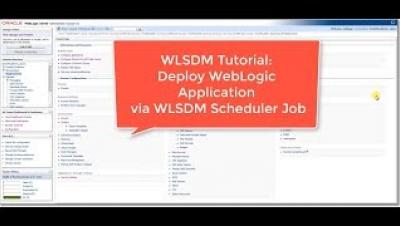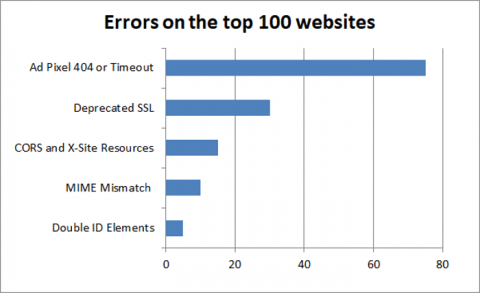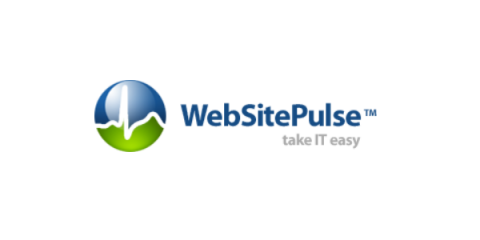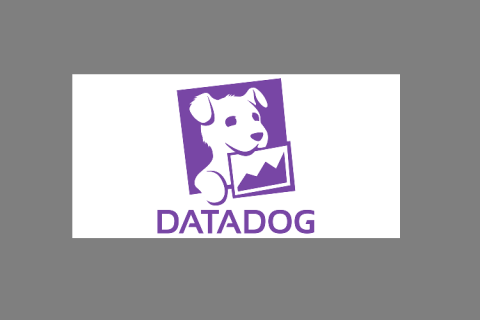Operations | Monitoring | ITSM | DevOps | Cloud
%term
Mattermost 5.0 | Advanced Permissions Demo and Q&A
Logz.io Eliminates Complications Associated with Container Logging with Launch of Specialized Docker Logging Plugin
BOSTON and TEL AVIV, June 13, 2018 — Logz.io, the leading provider of AI-powered log analytics, releases a specialized Docker Logging Plugin, enabling users to easily ship container logs to Logz.io. The Docker Logging Plugin was created to relieve many of the common issues developers experience when shipping container logs such as complex configuration, accidental pausing of container shipments, and potential loss of data.
The psychology of web performance
First and foremost, we are human. We can’t get around it, and some things will make us anxious, frustrated, and mad. As much as we like to think we are optimists, we frequently don’t notice something until it disappoints us in some way. In this article, we will take a look at how web performance and psychology impact user satisfaction.
A Comedy of Errors -- Or Weis of Rookout
In A Comedy of Errors, we talk to engineers about the weirdest, worst, and most interesting application and infrastructure issues they’ve encountered (and resolved) over the years. This week, we hear from Or Weis, co-founder and CEO of Rookout. Rookout’s focus is on collecting data in a seamless, immediate way that maximizes a developer’s insight into live code.
Errors on the world's top 100 websites and how to avoid them
When you think of the top 100 sites in the world, you think of high-traffic domains and pages coded to perfection. In fact, even the most popular sites in the world have errors hidden behind the scenes that are still visible in your browser’s developer tools. These can affect your experience as a user directly, create inaccurate tracking data and security vulnerabilities, and even lose the company revenue.
Mattermost | Permission Schemes demo
Metrics At Scale: Understanding When A Spike in Sales Isn't Good News (Part 1)
Why could a spike itself not always be good news? Why is it so important to find the relationships between time series metrics at scale?
12 Possible Causes of a Failing Website
For any company with an online presence, website traffic is important. The more visitors you attract, the more opportunities you’ll have to advertise your brand, establish relationships and ultimately sell your service or product. This is why a sudden drop in search engine traffic is a frightening prospect, since it ultimately leads to business losses and lower revenue.
The Force Awakens: PagerDuty + Datadog for DevSecOps
As a long-time security professional, I’m always interested to hear about how companies like Datadog are keeping up with the changing security landscape. I can recall when the security organization was solely responsible for security, and we were focused on protecting the perimeter of our business. However, with the advent of the cloud, mobile, and web applications, that perimeter has disappeared.











